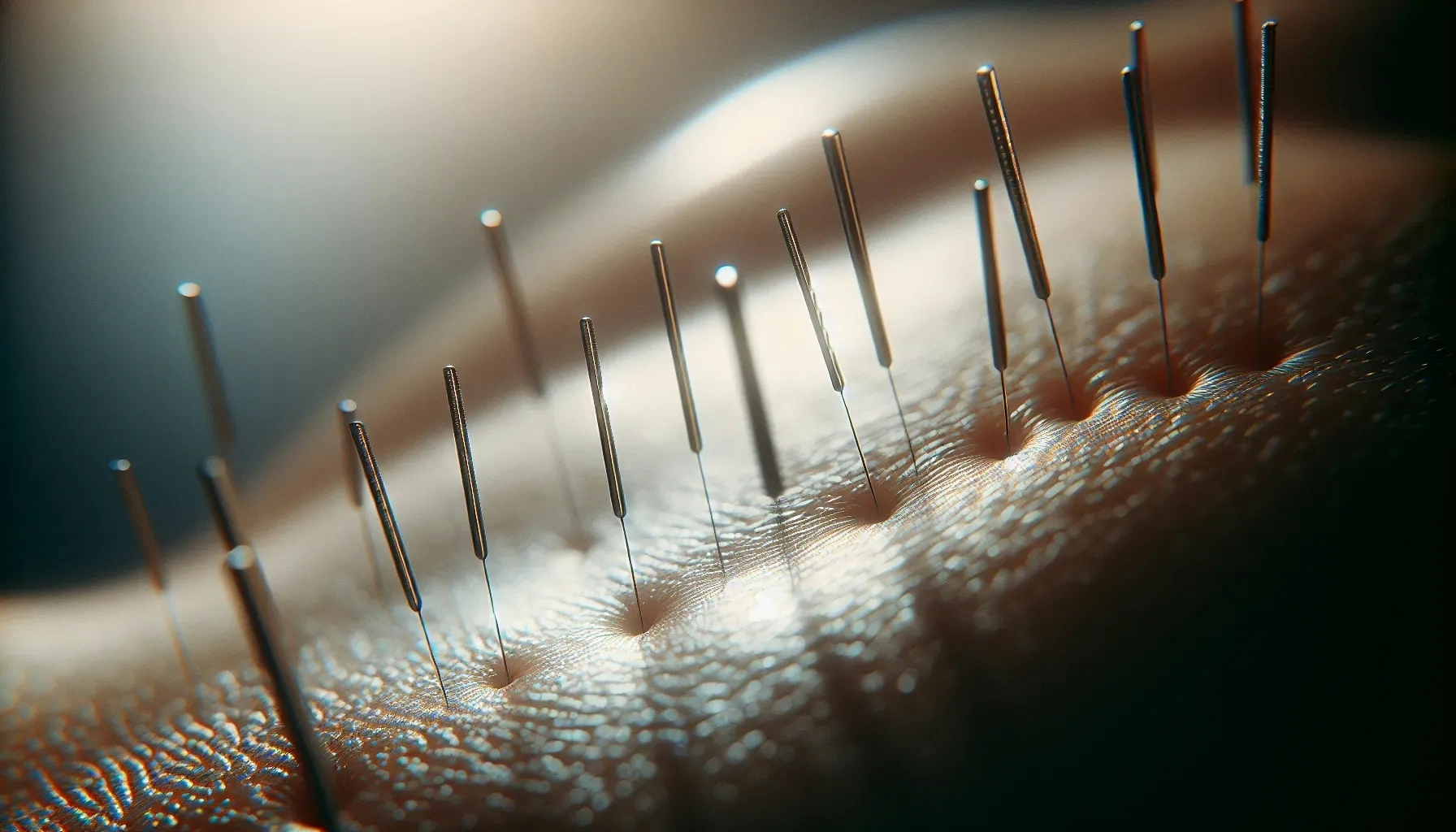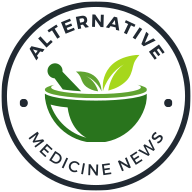Acupuncture, an ancient Chinese practice, has been gaining recognition worldwide for its healing effects. This blog post aims to delve into the intricacies of acupuncture, its healing effects, and how it has been transforming lives. We will explore the science behind acupuncture, its benefits, and the conditions it can treat. Let's embark on this enlightening journey to understand the healing power of acupuncture.
The Science Behind Acupuncture
Acupuncture is a traditional Chinese medicine practice that involves inserting thin needles into specific points on the body. This practice is based on the concept of Qi (pronounced "chee"), the vital energy that flows through our bodies. When Qi flows freely, we experience good health. However, disruptions in this flow can lead to illness. Acupuncture aims to restore the balance of Qi, thereby promoting healing and wellness.
Acupuncture points are believed to correspond with various organs and bodily functions. By stimulating these points, acupuncture can influence the body's functions and initiate the healing process. Modern research suggests that acupuncture may stimulate the nervous system, triggering the release of chemicals that alleviate pain and promote healing.
The Healing Effects of Acupuncture
Acupuncture has a wide range of healing effects. It can help manage pain, reduce stress, improve sleep, enhance digestion, and boost the immune system. It's also used to treat a variety of conditions, including migraines, anxiety, depression, insomnia, and digestive disorders.
Pain management is one of the most common uses of acupuncture. It can help alleviate both chronic and acute pain, including back pain, neck pain, and osteoarthritis pain. Acupuncture may also be beneficial for people with migraines or tension headaches.
Acupuncture and Mental Health
Mental health is another area where acupuncture can have significant healing effects. It's often used as a complementary treatment for anxiety and depression. Acupuncture may help balance the body's neurotransmitters and hormones, promoting a sense of calm and well-being.
Moreover, acupuncture can help manage stress. Chronic stress can lead to a host of health problems, including heart disease, diabetes, and mental health disorders. By promoting relaxation and reducing stress, acupuncture can contribute to overall mental health and wellness.
Acupuncture for Digestive Health
Digestive health is another area where acupuncture can be beneficial. It's often used to treat conditions like irritable bowel syndrome (IBS), constipation, and gastritis. Acupuncture may help regulate the digestive system, alleviate discomfort, and promote healthy digestion.
Moreover, acupuncture can help manage symptoms of nausea and vomiting, especially those caused by chemotherapy or pregnancy. It's believed that stimulating certain acupuncture points can reduce nausea and vomiting, providing relief to patients.
The Safety and Side Effects of Acupuncture
Acupuncture is generally safe when performed by a trained practitioner. However, like any treatment, it can have potential side effects. These may include soreness, minor bleeding, or bruising at the needle sites.
It's important to note that serious side effects are rare. However, they can occur if the practitioner does not follow proper sterilization procedures or if the needles are inserted too deeply. Therefore, it's crucial to seek treatment from a qualified and experienced practitioner.
The Future of Acupuncture
The future of acupuncture looks promising. As more research is conducted, we are gaining a deeper understanding of its healing effects. This is leading to greater acceptance of acupuncture as a valid treatment option in mainstream medicine.
Moreover, as the focus on holistic and integrative medicine grows, acupuncture is likely to play a significant role. It offers a natural, non-invasive treatment option that can complement conventional medical treatments.
Embracing the Healing Power of Acupuncture
Acupuncture, with its roots in ancient Chinese medicine, is making a significant impact in modern healthcare. Its healing effects on physical and mental health are undeniable. As we continue to explore and understand this ancient practice, we open doors to holistic, integrative approaches to health and wellness. Acupuncture, with its healing prowess, is indeed a testament to the wisdom of ancient medical practices.

